Norway has traditionally adopted a tough stance on cannabis. Prison sentences are in place for its use, sale and cultivation. In 2016, the country introduced a medicinal cannabis programme and in 2017, it announced that cannabis use would be decriminalised in the future. This may lead to the reintroduction of the hemp industry, and possibly more.
- Capital
- Oslo
- Population
- 5,707,000
- CBD Products
- Legal
- Recreational cannabis
- Illegal
- Medicinal cannabis
- Legal since 2016
- Cannabis laws in Norway
- Can you possess and use cannabis in Norway?
- Can you sell cannabis in Norway?
- Can you grow cannabis in Norway?
- Is CBD legal in Norway?
- Can cannabis seeds be sent to Norway?
- Medicinal cannabis in Norway
- Industrial hemp in Norway
- Good to know
- Cannabis history
- Attitudes towards cannabis
- Will it be legalised in the future?
Cannabis laws in Norway
Can you possess and use cannabis in Norway?
At the time of writing, it’s still illegal to use or possess cannabis in Norway though this law looks set to change soon.
Currently, if caught with small amounts of cannabis (15 grams or less), individuals can be given a fine, or imprisonment for up to six months. However, in December 2017, the majority of Norway’s parliament voted to decriminalise the use of drugs (including cannabis). This motion was backed by the Conservatives, Liberals, the Labour Party and the Socialist Left.
This was a surprising decision, given Norway’s previous stance. Although not quite as strict as Sweden’s ‘zero tolerance’ approach, Norway has traditionally had some of the harshest drug laws in Europe.
Prime Minister Bent Hoie admitted that the drug possession fines were “detrimental and meaningless”, and had been more harmful than beneficial to the people of the country. He also stated that treatment should be the focus, not punishment.
Back in 2013, the Green Party pushed for state-controlled cannabis production and sale just a few days after Uruguay adopted their cannabis legalisation bill. Although they weren’t successful at the time, it seems that they may have set the wheels in motion for decriminalisation to happen.
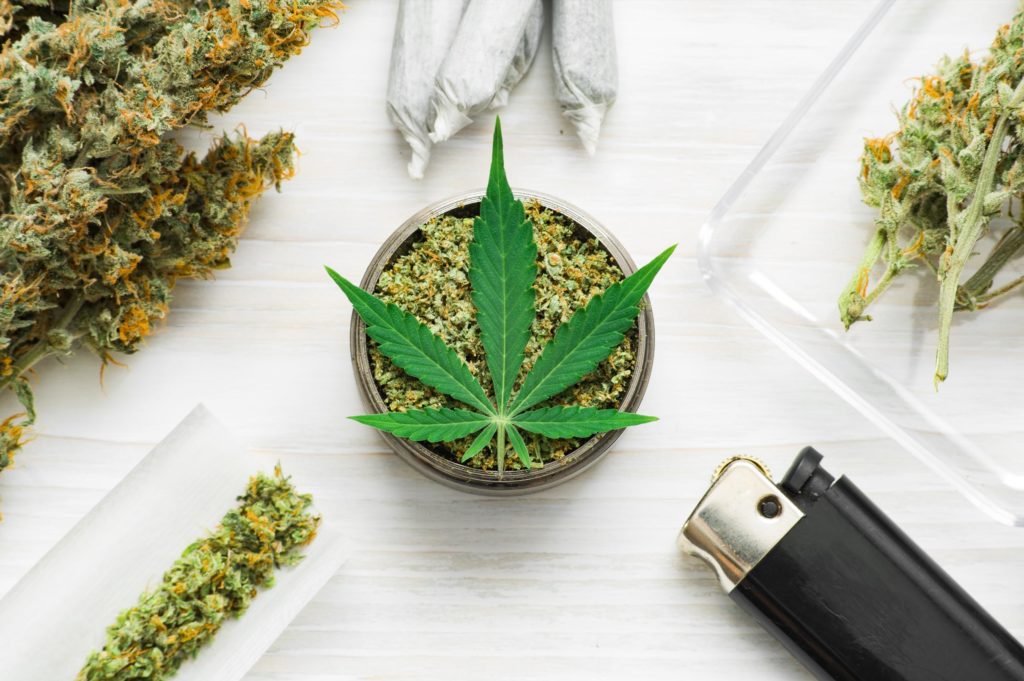
Can you sell cannabis in Norway?
The sale or supply of cannabis is illegal in Norway, under the Penal Code.
Norway’s Penal Code states that offenders will be sentenced to a prison term “not exceeding two years” if caught producing, importing, exporting, acquiring, storing, sending or supplying narcotic drugs.
However, if the crime is regarded as an “aggravated narcotic drug offence” then the prison term is extended to up to 10 years. “Aggravated” offences are determined by:
- The quantities of drugs involved
- The type of substance involved
- The nature of the offence
If the offender is caught with “very substantial” quantities, then the prison sentence is between three and 15 years. For “especially aggravated circumstances” the sentence is increased to up to 21 years.
Despite the fact that the prison sentences are severe for dealers, cannabis resin (hashish) and herbal cannabis remain the most commonly seized illegal drugs in the country.
Large-scale traffickers also operate in Norway. In 2018, the authorities seized 700 kilograms of cannabis, and arrested nine people. Police Chief Ketil Haukaas commented: “The narcotics are coming from abroad, and there are professional, organised criminals following the narcotics into Norway.”
Can you grow cannabis in Norway?
Cannabis cultivation is illegal in Norway. “Producing” cannabis (i.e. growing it) is an imprisonable offence, with individuals receiving a prison sentence of up to two years. After cannabis has been decriminalised for personal use, this may affect the cultivation laws – but at the time of writing, the Norwegian government has confirmed nothing.
Despite the harsh prison sentences for even small-scale cultivation, there are people in the country that take the risk and grow cannabis anyway. The imported hashish that dominates Norway’s illegal cannabis market is often of poor quality, which leads local growers to cultivate cannabis domestically in a bid to produce a superior product.
A recent study revealed that many cannabis growers are deterred from large-scale cultivation, due to the organisational challenges involved and the lack of specialised botanical skills. Sveinung Sandberg, who co-authored the study, commented: “Growing marijuana is a complicated process and it’s easy to water the plants the wrong way, or make other mistakes that could ruin a whole crop.”
Is CBD legal in Norway?
CBD is legal in Norway. The country is not part of the EU, and as such, it has its own set of regulations for CBD products. CBD may be used, purchased and sold, but may not contain any THC (the substance responsible for providing the ‘high’). This differs from EU laws which state that CBD products may contain up to 0.2% THC.
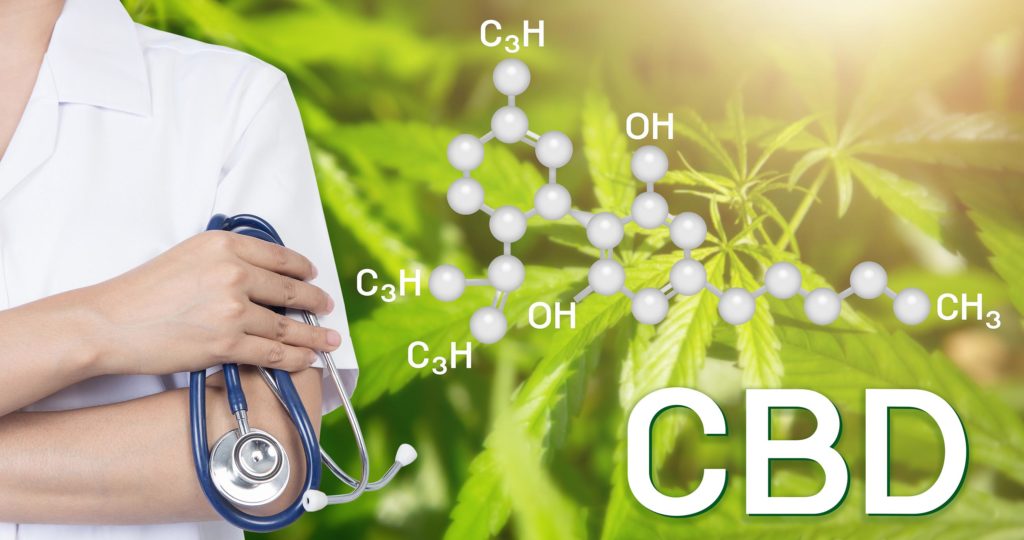
Can cannabis seeds be sent to Norway?
All parts of the cannabis plant are illegal to purchase or sell in Norway. This means that it’s illegal to mail seeds into the country. This may change with the forthcoming decriminalisation of cannabis but at present, the government has not issued any information regarding the legal status of the plant’s seeds.
Medicinal cannabis in Norway
Medicinal cannabis was legalised in Norway in 2016 and Sativex and Bedrocan are both available to patients with a prescription. The country doesn’t have an official list of health conditions that can be treated with cannabis, so doctors have to act at their own discretion. It’s usually used to treat MS and cancer patients.
In order to issue a prescription for medicinal cannabis treatment, the doctor must be able to prove that all other forms of treatment have been unsuccessful. In short, cannabis can only be used as a last resort. The doctor must also be a specialist in a hospital and get approval for prescribing cannabis products with a THC of higher than 1%.
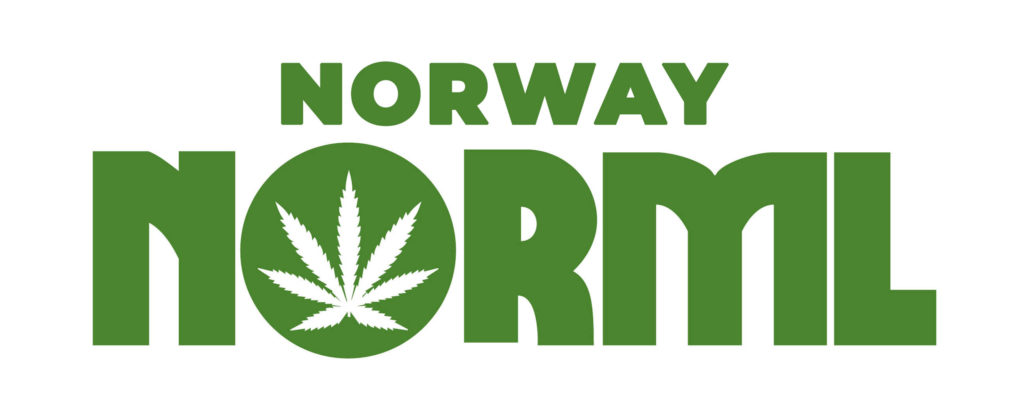
Reform groups like NORML have highlighted the issues with Norway’s medicinal cannabis programme, stating that the treatment is too hard to access, and that many doctors don’t know much about it. In some cases, medical practitioners have even been hostile to patients who enquire about medicinal cannabis.
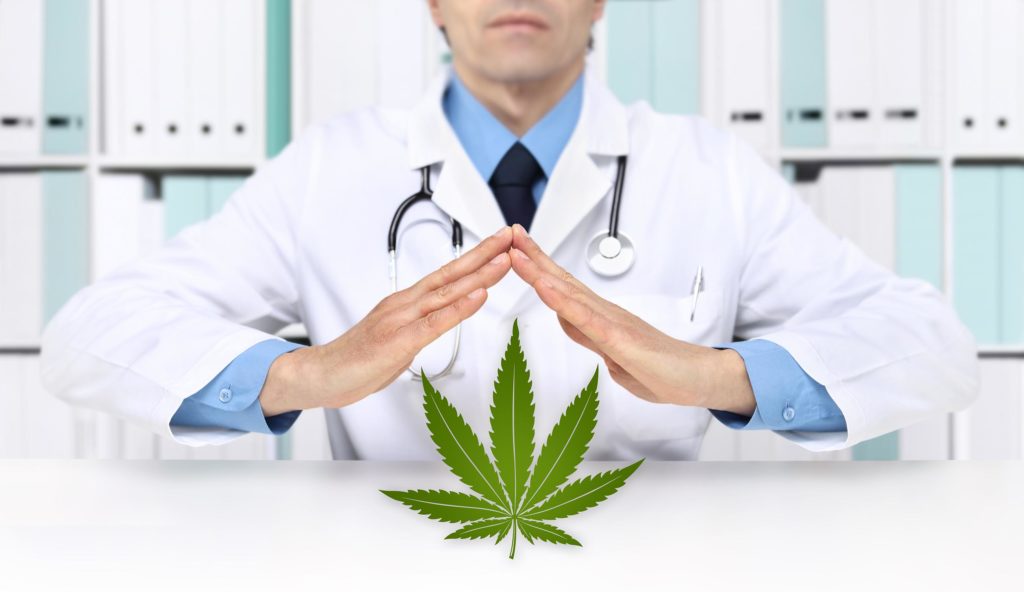
The government is taking steps to address this, however. For example, the Norwegian Ministry of Health and the Norwegian Medicines Agency have introduced a programme to provide education on cannabis treatment for hospital doctors.
Industrial hemp in Norway
Industrial hemp production is illegal in the country, which means Norway has no hemp market. This wasn’t always the case. In fact, Norwegian farmers have been growing hemp for centuries until it was eventually banned in 1964.
This may change in the future; particularly as recreational cannabis use is soon going to be decriminalised. However, as yet, Norway’s government haven’t explicitly stated that they’ll change the hemp law.
Good to know
If you are travelling to Norway (or currently live there), you may be interested to know the following:
- According to 2018 figures, 8.6% of Norway’s young people (aged 16-34 years) have used cannabis in the previous year.
- Cannabis is the most widely used drug in the country.
- Despite the fact that the laws are strict, many people still run the risk of using cannabis; even in public places. A recent study surveying drug use among festival-goers in Norway found that 12% had used an illegal drug in the last 30 days. 11% tested positive for drugs – 6% were for cannabis.
Cannabis history
Archaeological evidence suggests that cannabis has been used and grown in Norway for centuries. Discoveries made in the south of the country show that the Vikings cultivated the plant, at some point between 650 and 800 CE.
While not much is known about what they used cannabis for, experts speculate that the seeds may have been used for medicinal purposes, as a pouch of seeds was found on the skeleton of an elderly woman, which displayed signs of her having suffered from various health conditions. It’s also likely that the seafaring Vikings used hemp for rope and sail-making.
Another archaeological dig at Oseberg uncovered two female Viking skeletons, which were buried with cannabis seeds and a small scrap of hemp material. Anne Stine Ingstad, a respected archaeologist, suggested that one of the women was a priestess of the Norse goddess Freya, and that the seeds may have been used as an intoxicant in religious rituals.
The evolution of trade routes in the ninth century meant that it was likely that cannabis was further introduced to Norway, via places like Russia and Central Europe.
By the medieval times, hemp use was commonplace in Norway, as it was in so many other locations in Europe. It had many practical purposes; and was used for netting, fishing lines, fabric and rope. During this time, it’s thought that most farmers in the country reserved at least one field for hemp cultivation.
Hemp continued to be an important crop in Norway until the early 1900s. The introduction of other fibres caused the industry to dwindle, and by the 1950s, there were no records of any hemp cultivation there at all. The government banned the growth of hemp in 1964, in accordance with the new drug laws.
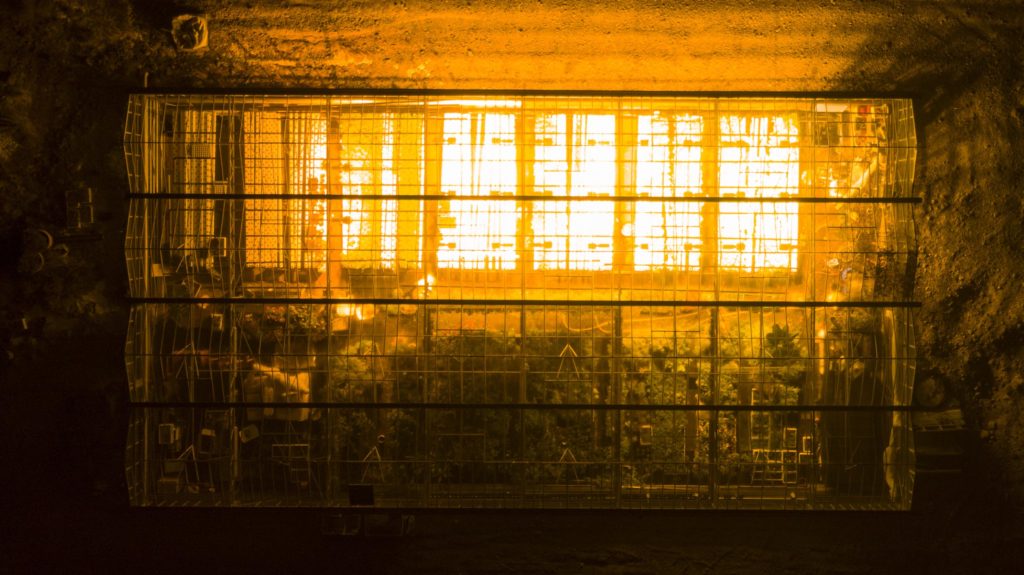
Attitudes towards cannabis
Norway is well known for its hard-line approach to cannabis; and as such, it’s something of a taboo in the country. However, this doesn’t mean that people don’t use it. In fact, several people regularly consume cannabis (especially younger people), and there is growing support for its legalisation.
The government’s decision to decriminalise personal use of cannabis marks another shift in public perception. Previously, this would have been unimaginable.
Will it be legalised in the future?
While Norway’s cannabis laws remain tough, the move to decriminalise cannabis suggests a softening in the government’s approach. Prime Minister Bent Hoie publicly stated that the law needed to focus more on treatment, and less on punishment.
It’s also important to remember that, while medicinal cannabis is hard to access in Norway, it is legal. This also points towards a shift in the government’s stance, and may indicate a more progressive approach towards cannabis legislation in the future.
- Disclaimer:While every effort has been made to ensure the accuracy of this article, it is not intended to provide legal advice, as individual situations will differ and should be discussed with an expert and/or lawyer.







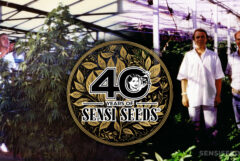
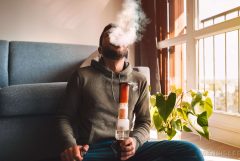


My battle with Breast cancer started 2 years ago, after so many Chemo, Radiation and other natural therapy treatment that i took just to cure my Breast cancer, it all did not work for my condition. I have been treating this disease for the past 2 years, but today i am here telling the world about my final victory over Breast cancer with the help of cannabis oil medication. This is a breakthrough in my family with so much Joy in our life today, i do really appreciate all the help and contribution from every member of my family for all they did for me. And if you have any kind of cancer diseases, there is no need to waste money on Chemo or Radiation, go get cannabis oil from UK cancer research centre, this is a medication that totally kill cancer cells.
Hello everyone here please join me with a great joy and thank Rick Simpson for curing my my mum cancerous diseases with his cannabis medication oil.. My mum was diagnosed with breast cancer on October 18, 2019. It was really a hopeless situation for us. But deep down in me I knew there had to be a solution. I searched the Internet and discovered a wealth of information about cannabis oil curing cancer. I was able to obtain some medical marijuana oil that cured my mom’s breast cancer
Since using the cannabis oil my mom is now free from cancer….. Please don’t die in silence help your self or your loved ones today suffering from cancerous disease by trying cannabis oil.
Good afternoon Colex,
Thanks for your comment,
That’s great news regarding the Rick Simpson Oil, I’m so pleased it helped your mother.
This article on Cannabis and Cancer: 6 Benefits of Cannabis for Cancer Patients might also be of interest to you.
Have a great day,
Mark
In february 2021, there is a new proposal from the government has these suggestions for new laws for drugs.
As much drugs as you can store with impunity
These are the thresholds for how much drugs the government proposes one can be in possession of without risking punishment:
To gram heroin
Two grams of cocaine
Two grams of amphetamine
Half a deciliter of GHB, GBL1 and 1,4-butanediol
One patch / “acid blotters” LSD
Half a gram of MDMA (powder / crystals)
10 grams of cannabis
20 grams of mushrooms containing psilocin / psilocybin
500 gram khat
25 intoxication doses of drugs
from:
http://www.vg.no/nyheter/innenriks/i/aP4o2O/regjeringens-forslag-til-rusreform-rusavhengige-skal-naa-faa-hjelp-ikke-straff
Good morning Growls,
Thanks for your comment and your feedback. We are continuously checking and updating the articles in our ‘Cannabis In…’ series, and I have passed your comment to the team. The date of the most recent update can be found at the top of the article.
Thanks again, and I hope you continue to enjoy the blog.
With best wishes,
Mark